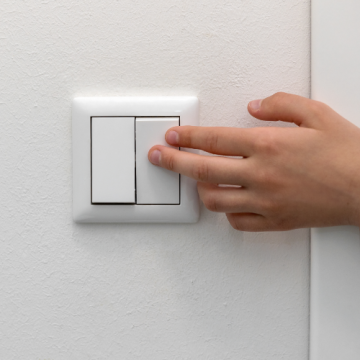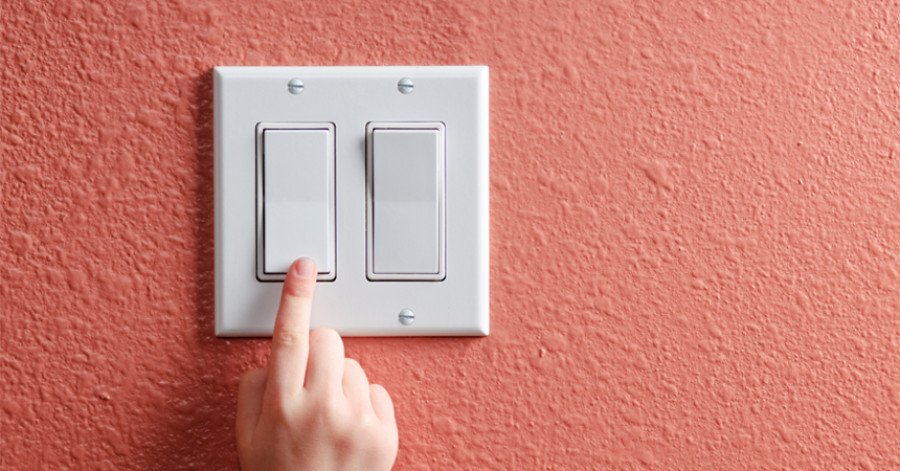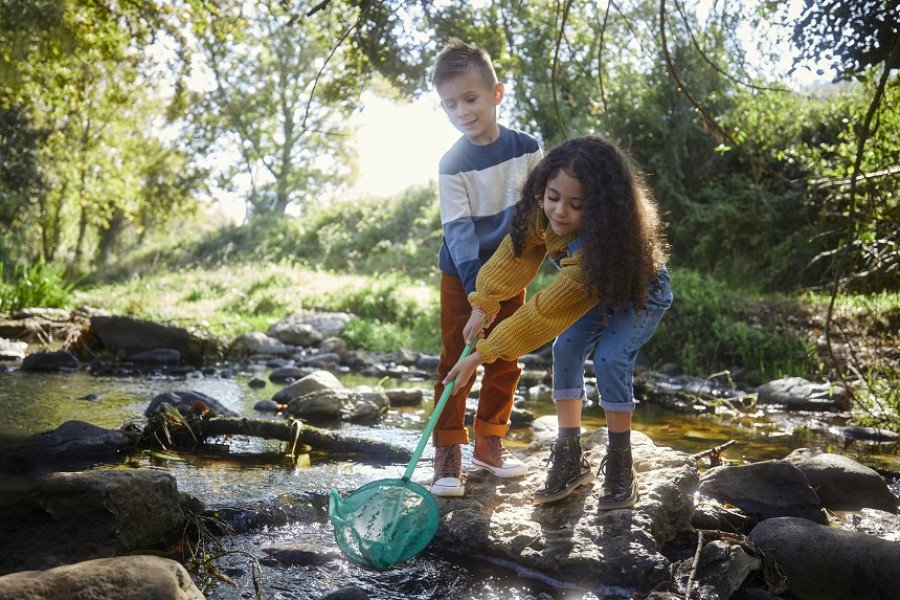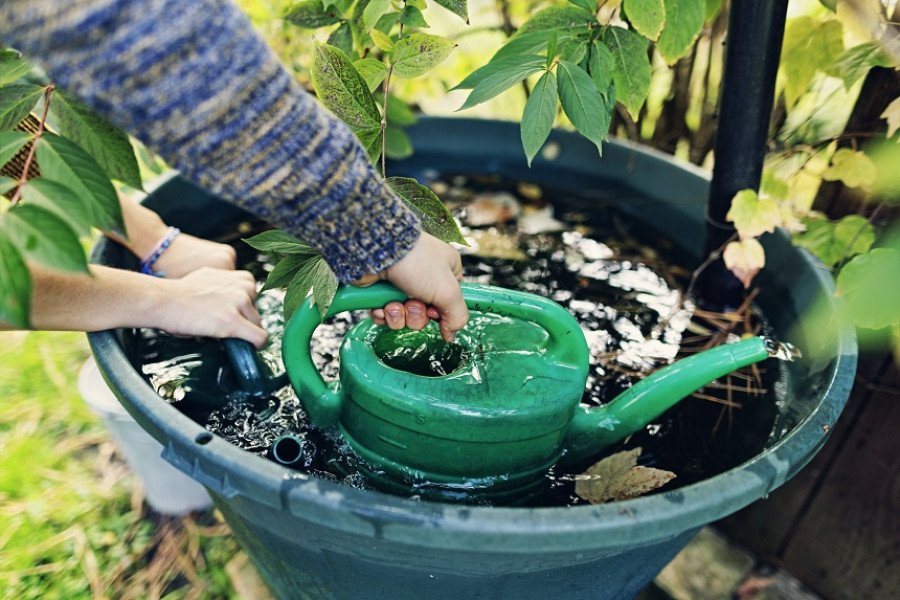Saving electricity and sharing habitat
Explore how living things are connected. Students learn how all living things depend on water, and how we can help protect them by conserving water and electricity.
- Grade 1
- 3 activities
- 1.3 hours

Big idea
Grade 1 Science
Living things have features and behaviours that help them survive in their environment.
Learning objectives
- Understand how living things rely on their habitat for survival.
- Understand the connection between human water use and wildlife habitat.
- Learn about water and electricity conservation and the connection to wildlife habitat.
Activities

Picture this off
Create a picture to take home and remind us to save electricity.
BC curriculum fit
Grade 1 Science
Big Idea
Living things have features and behaviours that help them survive in their environment. Sample question: How do local plants and animals depend on their environment?
Curriculum Competencies
Questioning and predicting
- Demonstrate curiosity and a sense of wonder about the world
- Observe objects and events in familiar contexts
- Ask questions about familiar objects and even
Make and record observations
- Make and record simple measurements using informal or non-standard methods
Processing and analyzing data and information
- Experience and interpret the local environment
Grade 1 Physical and Health Education
Content
- Daily physical activity helps us develop movement skills and physical literacy and is an important part of healthy living.
- how to participate in different types of physical activities, including games
Curricular competencies
Physical literacy
- Develop and demonstrate a variety of fundamental movement skills in a variety of physical activities and environments
Social and community health
- Develop and demonstrate respectful behaviour when participating in activities with others
Grade 1 Arts Education
Big Idea
- Engagement in the arts creates opportunities for inquiry through purposeful play.
- People connect to others and share ideas through the arts.
Curricular competencies
Exploring and creating
Create artistic works collaboratively and as an individual, using ideas inspired by imagination, inquiry, experimentation, and purposeful play
Assessments
- Assess students’ understanding of what living things can be found outdoors and how water is connected to plants, trees, wildlife, and fish habitat.
- Assess students’ understanding of how to save water, why it’s important and how by saving electricity we are saving water.
- Assess students’ participation and cooperation working individually and in groups.
Background info
Clean energy powered by water
BC Hydro uses the power of falling water to create clean, reliable electricity. BC Hydro generates 97% clean energy.
Electricity conservation
Electricity conservation in B.C. is an important message since wasting energy also wastes water.
The following are some energy saving tips:
- Turn off unnecessary lights, and/or switch to LEDs, which reduce energy use by 75% compared to incandescent lights.
- Take shorter showers and switch to a low flow showerhead. A low flow showerhead uses nearly half the water per minute of a regular showerhead. This reduces both water and energy.
- Turn off water when washing hands and brushing teeth. Leaving the water running can waste 10 litres of water per minute.
- Unplug unused electronics. Standby power can account for 10% of an average household's annual electricity use.
- Install and manage a thermostat. Programming to lower your heating at night and when you are out can save a lot of energy.
- Be strategic with window coverings. Closing curtains and blinds at night can keep the heat in.
See BC Hydro energy saving tips for additional tips and cost savings.
Water in our lives
In B.C., we use about 300 litres of water per person per day (Statistics Canada, 2013). We use water every day to drink, flush our toilets, brush our teeth, run our baths, grow and cook our food, wash our dishes and clothes, and make our electricity. Our province has a lot of surface water in lakes and rivers, but despite this, only one per cent of water on Earth is readily accessible to consume. When students understand how they use water, they can explore ways to reduce their water use.
Water conservation
At our reservoirs, changes in water levels can affect the spawning cycles of certain species of fish. Lower water levels in reservoirs impacts wildlife in the reservoirs and downstream, particularly during summer months. Across B.C., access to water relies on snowmelt. As the climate changes, warmer, wetter winters and longer, dryer summers mean less access to fresh water.
Water conservation is especially important during summer months, but it has benefits year-round. Using less water also decreases the amount of water that requires treatment, thus saving energy, and it reduces sewage and infrastructure costs. Overflowing of sewage systems during heavy rainfalls can lead to flooding and mudslides.



